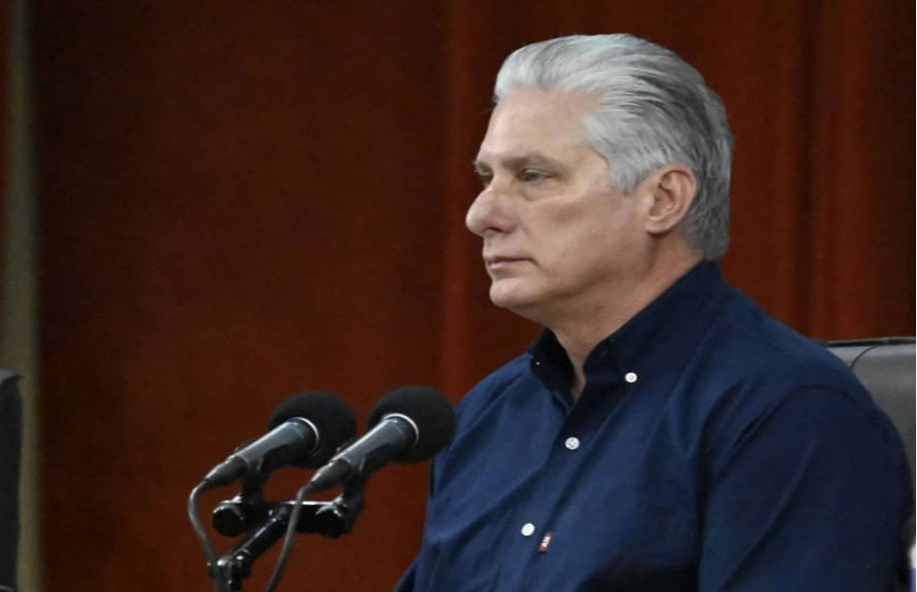The First Secretary of the Central Committee of the Communist Party of Cuba and President of the Republic, Miguel Díaz-Canel highlighted Friday the fundamental role of the press in the defense of the process of revolutionary transformations promoted by the country in the midst of U.S. aggressions.
Speaking at the closing ceremony of the 11th Congress of the Union of Cuban Journalists (Upec), the head of state insisted on the need to improve the work of the organization, and the relevance of resorting to creativity and innovation to make its informative and formative function more effective.
“Without a critical press that appeals to conscience and human values, there is no Revolution; without political, institutional and social communication, there is no Revolution; without committed, credible, ethical, demanding, critical and educational journalism, there is no Revolution,” he said.
Díaz-Canel affirmed that beyond internal inefficiencies, the enemies of the Cuban process are working to induce a lack of credibility as part of their subversive plans with the purpose of provoking a rupture of the population, especially the youth, with the leadership of the Revolution.
In view of this scenario, he called for the promotion of critical thinking among the youth and to go deeper into the problems and challenges, in the midst of an international communicative context designed to facilitate cultural colonization, and to transform it into a libertarian and emancipatory one.
He added that the experiments of the management models promoted by the Cuban press as part of its process of transformations, and in the midst of a difficult economic situation, will yield results, but they must be approached integrally in order to increase its contributions to society.
“Our endeavor -he said- is that the unity of a nation permanently besieged by the enemies of the revolutionary process is never hurt or lost”.
“We have enormous confidence in journalists as fellow travelers in the purpose of promoting the development of the country,” he noted.
The XI Upec Congress concluded with the approval of the organization’s Action Plan until 2028, and the election of its leadership for the next five years, in which Ricardo Ronquillo Bello, its current president, was ratified.


